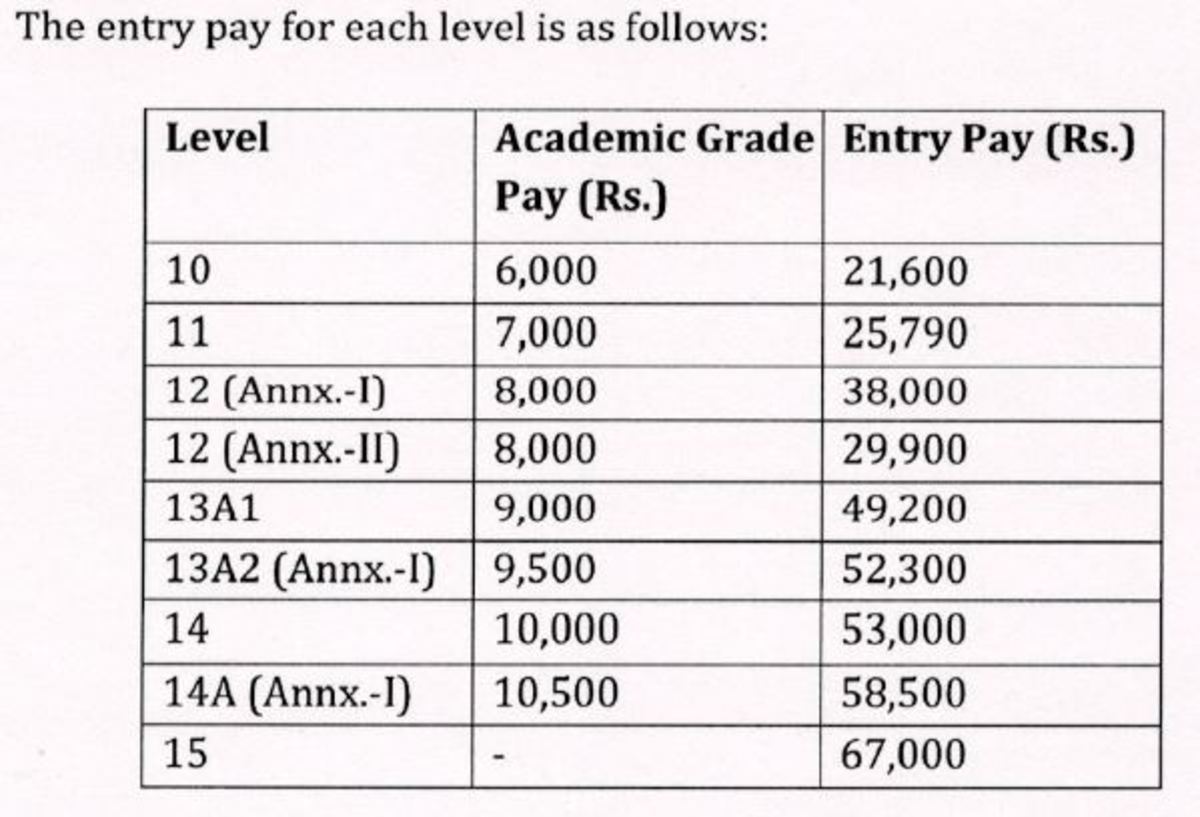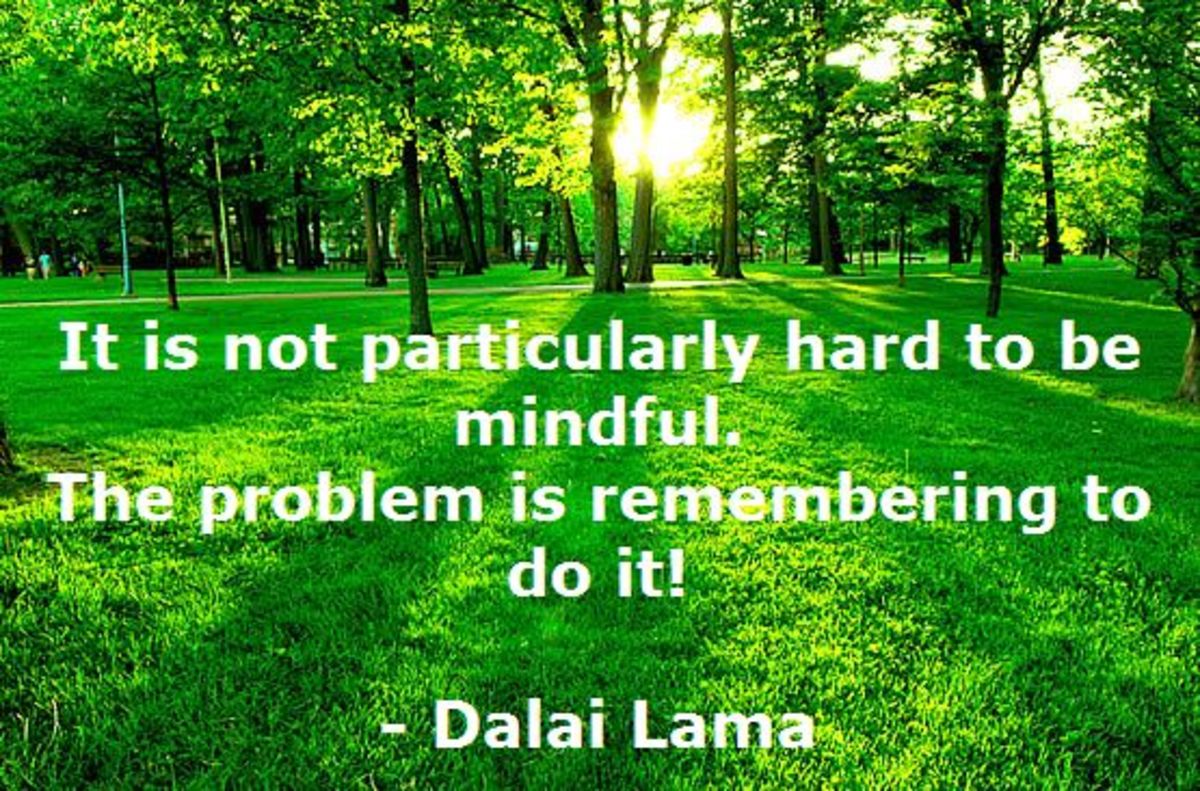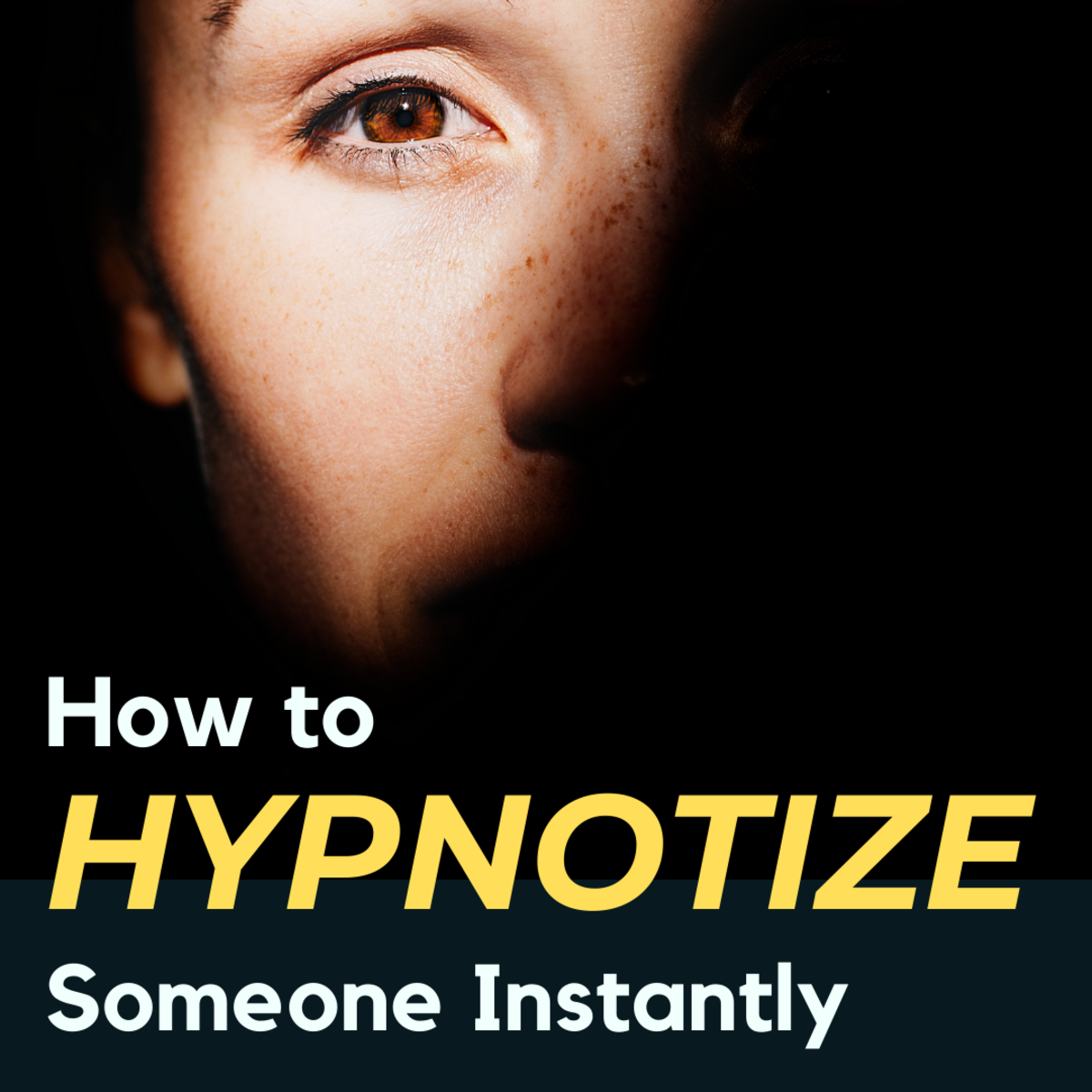Therapeutic Thinking: How-to, Revised

Aims
Therapeutic thinking has one direction, to use your attention in a way that leads to peace and happiness.
There are two aims:
I. Being in and at peace with the present moment, called 'zooming in'.
II. Seeing problems from an objective viewpoint, called 'zooming out'.
I. Zoom In
A. Being in and at peace with the present moment, aka 'zoom in'.
1 There is nothing you can DO that will lead to peace. DOing requires effort and therefore violence.
2 Experience (BE) peace through the choiceless awareness of daily life. Observe fully, and with detachment, what happens in life. Being, Experiencing, Seeing, and Feeling are choiceless and effortless and require no doing.
3 The moment is full of possibilities, while the past is static. This moment is new.
4 When you attend fully to the moment, self dissolves. This has been called 'flow' and 'meditation'.
2. Zoom Out
II. See problems from an objective viewpoint, i. e. 'zoom out' and analyze a situation from an objective, wider, or 3rd person point of view.
1 Zooming out in space. Try zooming out and seeing the problem in relation to your city, country, the world. If you are worried about grades, are many others also worried about grades? What can you do to help people, yourself and others, about this kind of worry or worry in general. What part can you play in helping?
2. Zooming out in time. What would the problem look like to the you of 10 years ago? What will it look like to you when you're old and gray? Were you worried about what grades you would have ten years ago? What is your part to do to help alleviate worry in humans, self included, now and in the future?
3. Lose self. Can you see yourself and the rest of humanity and sentience throughout all time periods as of equal value?
Summary
In summary:
Zoom in to present experience,
Zoom out to see problems from a wider perspective.
1. Use the subjective mind (experiencing mind) to meditate on present moment experience fully.
2. Use the objective (thinking mind) mind to plan out life and solve problems.
3. Do Not use the subjective mind (experiencing mind) to experience negative emotions about the past or future (aka rumination).
4. Do Not use the objective mind (thinking mind) to spend all your time planning the future or thinking about the past (aka rumination).
Put most simply, use your attention in a way that leads to peace and happiness. Use whatever means you have to accomplish that goal.
Reminders
For many people, these aims are easy to accept but difficult to experience because one simply forgets to aim in the direction of choiceless awareness. For these people and those who need a method to reminder, I recommend a moment of prayer or meditation at an appropriate time during which you remind yourself, perhaps by printing this page or printing the zoom in, zoom out symbols that will soon be added to this page.
For a simple beginners guide to meditation, check out the audio book entitled "Wherever You Go, There You Are" by Jon Kabat-Zinn.
This is meant to be fodder for discussion, please leave questions in comments here or on facebook.
Thank you,
DF Seldon, MS, NBCC
darylseldon@gmail.com
Leave a comment here or send me an email!
Click here to make a donation to Cure EDS and POTS Foundation to support fellow sufferers who need funding to participate in research studies for POTS, EDS, anxiety, and depression.





